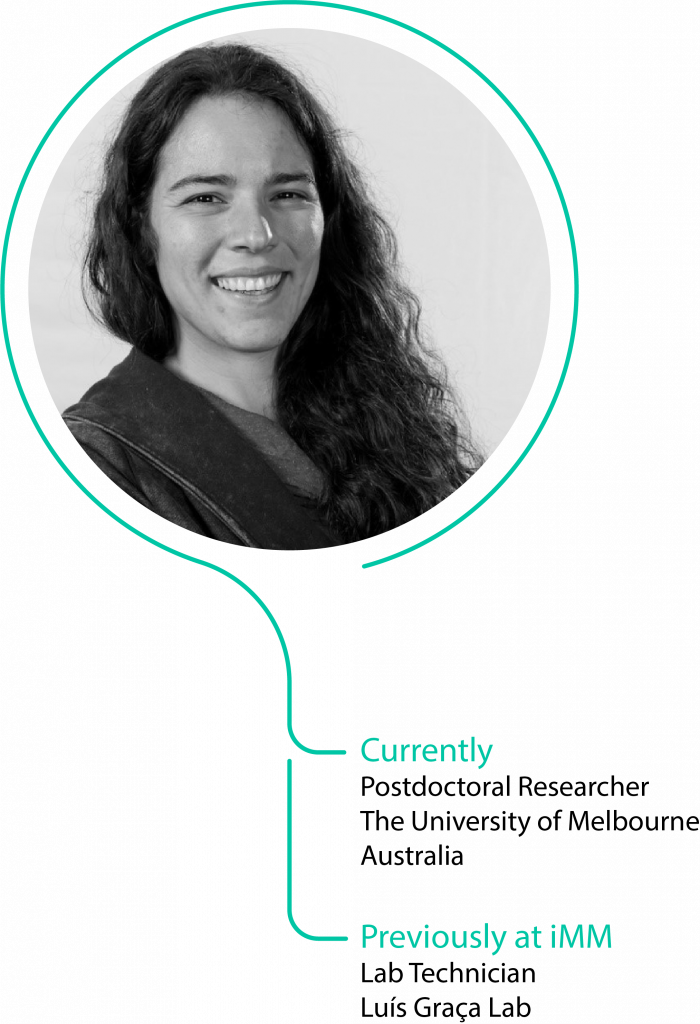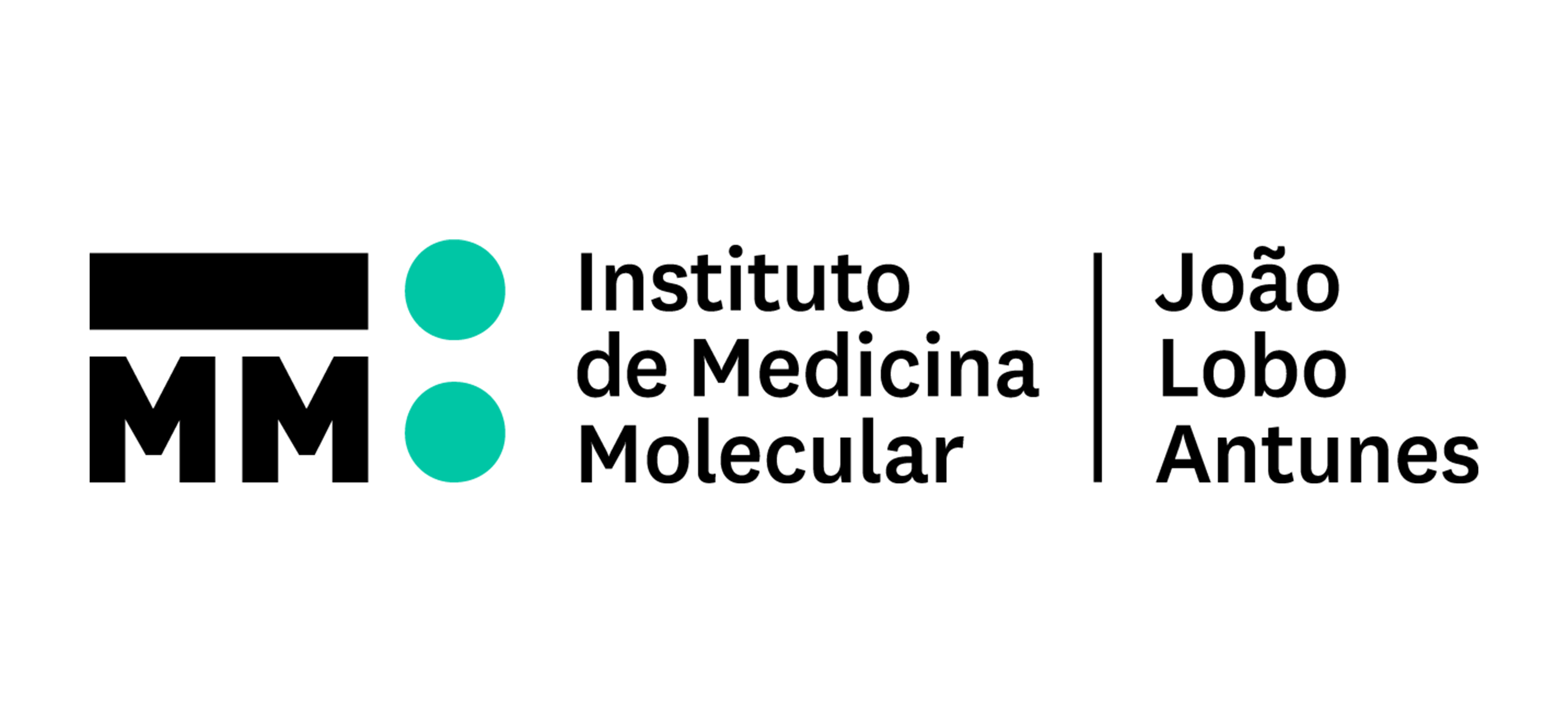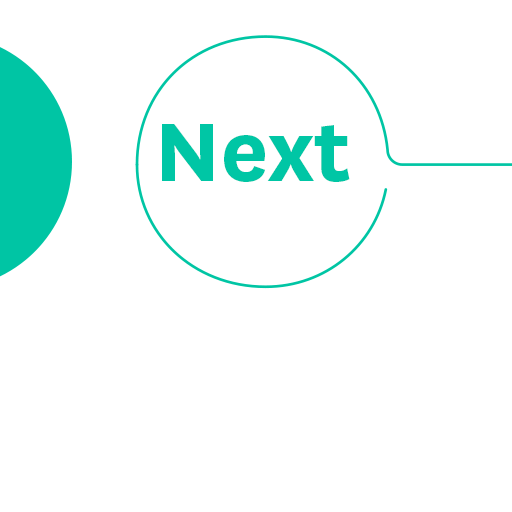Catarina Almeida
.

Biosketch
Over the last 12 years, I have gained extensive research experience in the field of Unconventional T cells (including a MSc-University of Lisbon/iMM, Portugal 2009, and a PhD-University of Melbourne, Australia 2015), with major focus on Natural Killer T(NKT) cells (which recognise lipids bound by CD1d.
During my PhD I developed a set of tools and approaches that allowed me to significantly advance my field by uncovering previously unknown subsets and antigens. I deliberately remained in Prof Godfrey’s lab as an Early Career Researcher (ECR) and project/team leader to capitalise on projects I had been driving (currently lead 2 grants as CIA), leveraging my acquired expertise to publish and further my studies, while continuing to benefit from an internationally acclaimed research environment and strong collaborative ties, which continues to pay off.
My strong research impact is evidenced by 3 patent filings as co-inventor that helped attract an industry-funded collaboration (>$560K), 17 peer-reviewed publications (5 as first- (4x over the last 4yrs- NatComms2019 / ChemSci2020 / PNAS2021/ Viruses2022), one as second-last (JACI:Global2021), citations (>1375, Google Scholar May222). My publications are consistently published in top 10% field-specific/multidisciplinary journals (85% by CiteScore (CS), 75% with international collaborations, SciVal Mar2022). My primary findings have been selected for presentation at national (32) and international (14) conferences (incl. 22 national and 11 international post-PhD, 4 as invited speaker). These were partially/fully-funded and recognised by travel bursaries (> $18K) and presentation awards-incl. CD1-MR1 conference 2015/17/19/22-endowed by world-leading scientists in my field.
I have displayed a significant service to the general public, as well as my institution and broad scientific community. This involves organising symposiums and training sessions through my leadership roles (e.g. Doherty Institute Immunology Theme Seminars(2018-curr), Victorian Young Investigator Symposium, Public Day of Immunology, Faculty’s-ECR symposium), as well as influencing policy and ECR advocacy through my involvement in the Faculty’s-ECR network, where I was acting co-chair from 2018-19 and helped implement travel awards and /seed funding for ECRs as well as review the new Enterprise Business Agreement conditions (leading to continuing positions for research staff).
Testimony
Through IMM I got used to getting involved in associations to represent the student’s interests, which influenced me towards my several leadership roles (inc. vice president for PhD association of my Dept at Melb University, and subsequently as the co-chair for the Early career researcher(<5 year post-doc) community of my Faculty at Melbourne, where I have influenced policy change and advocated for my peers interests. Another great exposure whilst I was at IMM was the awareness topwards IP and a chance to do an “Entreprenourship course for Masters and Post-grads ran by FMUL in 2009.


